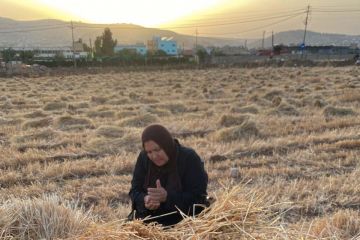
Keeping Palestinian food culture alive
UVic historian Elizabeth Vibert has produced a documentary, Aisha's Story, about Palestinian refugee Aisha Azzam, who is keeping Palestinian cultural legacies alive though growing and milling wheat.

UVic historian Elizabeth Vibert has produced a documentary, Aisha's Story, about Palestinian refugee Aisha Azzam, who is keeping Palestinian cultural legacies alive though growing and milling wheat.
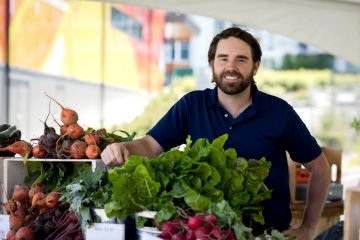
Chris Hildreth's dream was to create the highest-quality sustainable food system without chemicals, single-use plastics or, most notably, any agricultural land. And so, with Hildreth sweating in the afternoon heat, TOPSOIL was born—and the rooftop venture eventually evolved into 3,000-plus geotextile dirt-filled containers on 20,000 square feet of vacant land at Dockside Green.
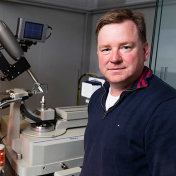
New discoveries in gut microbiota—tiny microorganisms living in our digestive tracts—could lead to seaweed-based cattle feed that reduces methane emissions from cows.
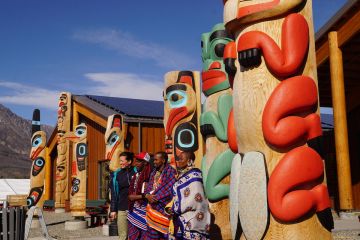
What happens when Indigenous People lead resource decision-making on their own terms, across their own traditional territories? Communities in Tanzania and Canada are documenting and sharing their experiences, supported by a University of Victoria Department of Geography project that illustrates how partnerships can advance the United Nation’s Sustainable Development Goals and the UN Declaration on the Rights of Indigenous Peoples.
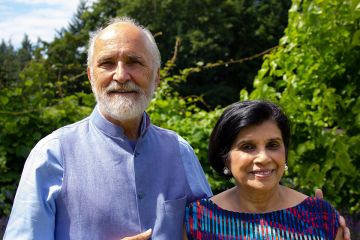
Nature’s Path Food co-founders and organic food visionaries Ratana and Arran Stephens are the Peter B. Gustavson School of Business 2022 Distinguished Entrepreneurs of the Year (DEYA).
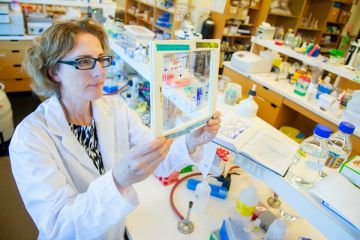
Eight research projects at the University of Victoria received a total of $1.45 million in federal support, helping keep our researchers at the forefront of science and innovation.
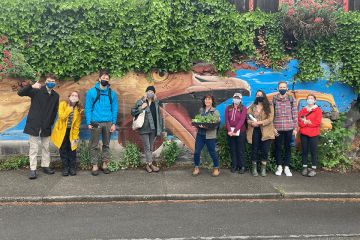
UVic students took to the streets and explored urban gardens as part of an experiential geography course, Food and the City.
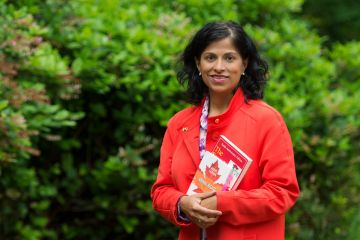
The field of animal law has experienced near-exponential growth over the past two decades. A dozen law schools in Canada now offer animal law-related courses. At UVic, Lansdowne Chair in Law Maneesha Deckha has taught courses in animal law for nearly 15 years.
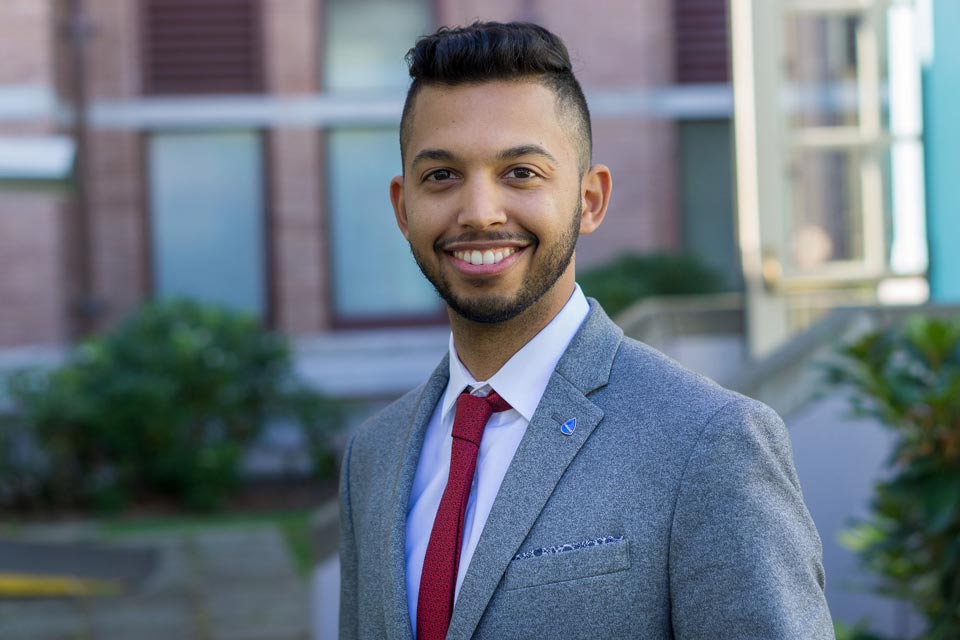
From supporting Syrian refugees’ arrival to Victoria, to curating interactive exhibits and identifying opportunities in the labour market, this year’s UVic Co-op Students of the Year are positive change makers. Each student was recognized by their co-operative education programs for their meaningful and outstanding contribution to multiple areas of their life including class, the workplace and the greater community.
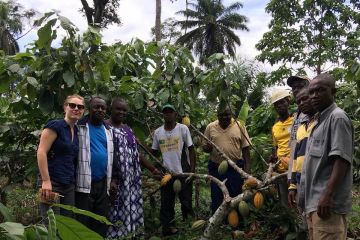
Chocolate is on the mind of many people this month for Valentine’s Day, but new research by UVic geographer Sophia Carodenuto has revealed troubling questions about the sustainability of this sweet treat.

A new paper by UVic geographer Sophia Carodenuto reveals troubling questions and provides specific recommendations for the future of cocoa farming in some of the world’s key cocoa-producing countries—Côte d'Ivoire, Ghana and Cameroon—amidst the pressures of climate change, soil erosion and excessive forest loss.
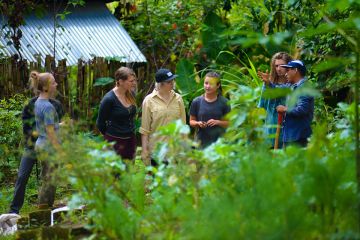
Walking along the foothills of the northern Peruvian Amazon, 14 UVic environmental studies students—along with instructors Ana Maria Peredo and Kate Turner and mentors Murdith McLean and Frederique Apffel-Marglin—embarked on a unique learning experience this spring that wove together ecology, economy and spirituality in an Indigenous setting.
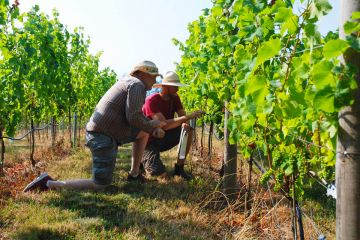
A new two-year study led by ecologist John Volpe with master's student Andrew Watts, both of UVic's School of Environmental Studies, has the potential to transform the wine industry by combining innovative spectrometry technology with field manipulations to pinpoint the perfect time to harvest grapes.
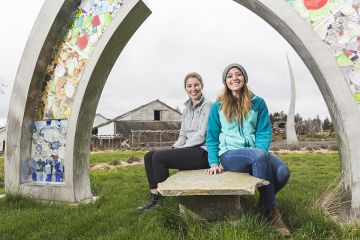
The Stephens Family Undergraduate Research Award in Organic and Sustainable Food Systems gave Riley the means to expand the scope of her project from a rain catchment system to a water conservation initiative with lasting benefits to community partner Woodwynn Farms.
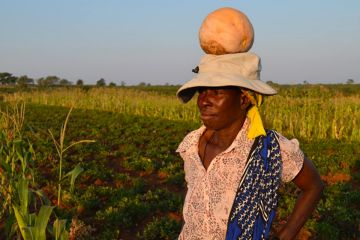
A new documentary, The Thinking Garden, about a unique farming collective in a small South African village carries lessons of hope and resilience. It was written and produced by UVic scholars Christine Welsh and Elizabeth Vibert and it officially launches on March 1.
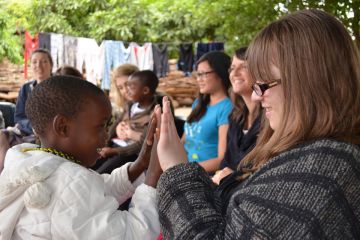
In May 2014, a group of UVic students and two faculty members spent three weeks in South Africa for UVic’s first-ever Colonial Legacies Field School.